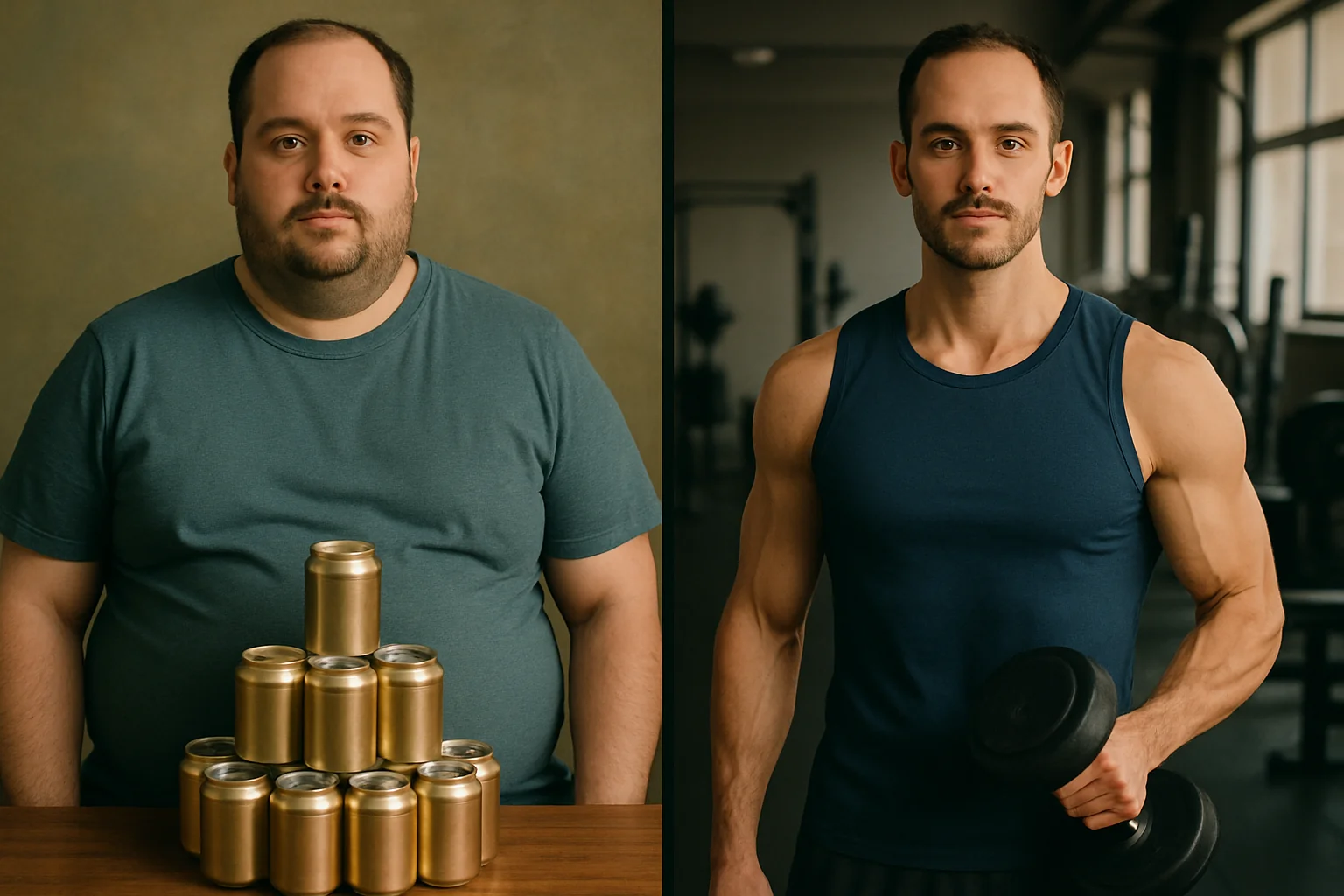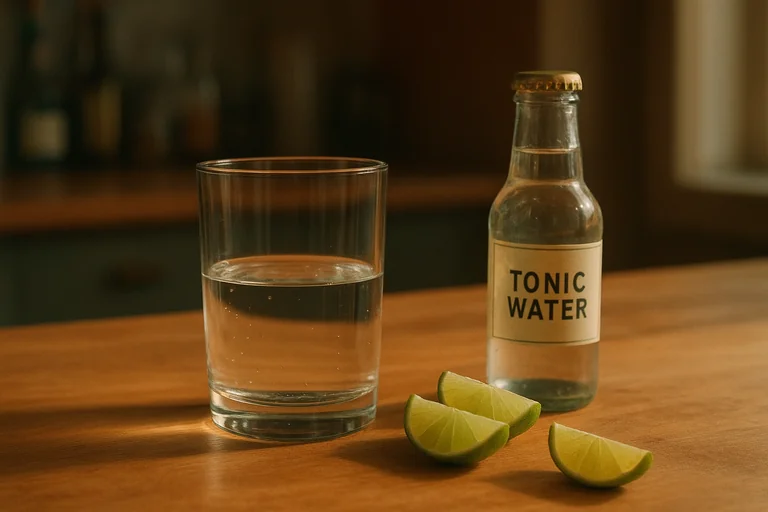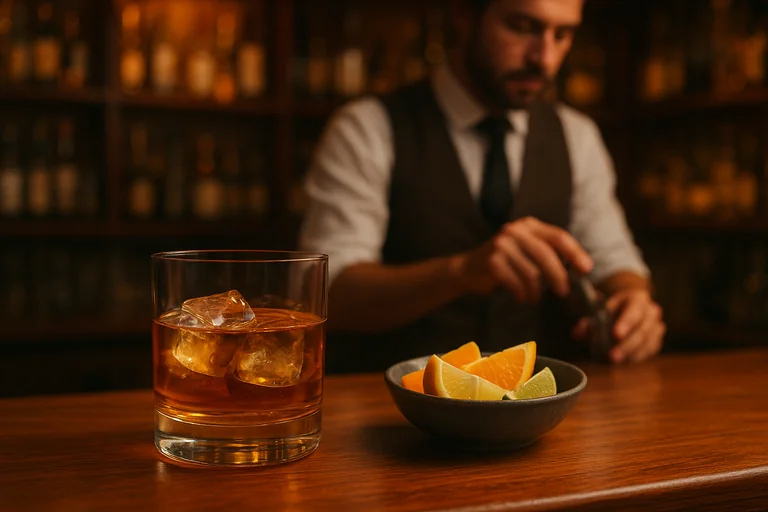A 2 minute assessment to get a personalized mental health or alcohol recovery plan.
Are beer calories keeping you from losing weight? The answer is a definite yes, but it’s about more than the calorie count. Learn how beer stops fat burning for 36 hours and why it makes weight loss nearly impossible.
What You’ll Discover:
- Why beer calories aren’t the only problem for people trying to lose weight.
- What makes beer calories empty.
- The connection behind beer consumption and excess eating.
- How alcohol disruptions metabolism to reduce fat burn.
- The effect alcohol has on hormones and muscles.
- The truth behind having an alcohol belly from beer.
Millions of Americans drink beer on a regular basis, and even more people are actively trying to lose weight. On the surface, low to moderate chronic drinking may not seem that detrimental to someone who’s on a weight loss journey. But the truth is, having a few beers on your cheat day could be what’s keeping you from hitting your goal.
Just how fattening is beer? Understanding the true impact of beer consumption, from the standard beer calories to late-night pizza binges, could finally explain why calories in beer are more than empty - they really add up.
What’s even more detrimental to your weight loss goals is alcohol's ability to completely hijack your metabolism.
The 36-Hour Fat Burning Shutdown That Happens With Beer
Around 54% of American adults consume alcohol regularly, and many of them drink beer, yet the vast majority remain completely unaware of how profoundly beer destroys their ability to lose weight. The standard beer calorie count is 150 calories per 12 ounces, but that reveals only the beginning of a metabolic disaster most drinkers never see coming.
The real problem is that alcohol halts all fat burning for up to 36 hours, regardless of the source. It’s the result of your body treating ethanol as a waste product that requires immediate elimination. All other metabolic pathways shut down until alcohol is completely processed, which takes up to 36 hours.
That means the Friday evening beer you had prevents fat burning until Sunday morning.
The metabolism hierarchy is rigid:
- Alcohol first
- Simple carbohydrates second
- Complex carbohydrates third
- Fat last
Your body won't burn a single gram of fat while alcohol remains in your system. The impact of chronic drinking just a few times a week devastates weight loss efforts making sustained weight loss nearly impossible, regardless of diet and exercise during alcohol-free periods.
What Makes Beer Calories Completely Empty and Cause Metabolic Chaos
Is a beer calorie dense? You bet it is. At seven calories per gram, alcohol is nearly twice as caloric as carbohydrates or protein. This caloric density makes beer extremely efficient at providing excess energy.
But you may have heard that beer calories are "empty calories." It’s a true statement because the calories in beer provide no nutrients.
Beer's carbohydrate content creates additional chaos. Rapidly absorbed beer carbs cause blood sugar spikes followed by crashes. These blood sugar swings trigger intense cravings for high-calorie foods, creating a vicious cycle of overconsumption.
What’s worse is that when alcohol is present in your body it will burn the beer calories, but it stores food calories as fat. Even a healthy dinner becomes body fat when it’s consumed with beer.
Beer Drinkers Consume More Calories Overall - and the Excess is Mostly Beer Calories
The mathematical reality of drinking beer is sobering for anyone who is trying to lose weight. Research shows that people who drink alcohol regularly consume an average of 16% more calories than non-drinkers, with beer being the primary source of the excess calories.
The average American beer drinker consumes 26.5 gallons annually. That’s roughly 5.4 12oz beers per week. At 150 calories per beer, that's over 42,000 extra beer calories per year. That translates to approximately 12 pounds of pure body fat annually from beer alone.
The Added Appetite Explosion
One of the biggest related problems of drinking beer is that it dramatically increases food consumption, which is stored as fat. This appetite explosion happens for a few reasons.
Research shows alcohol triggers hunger signals in the brain. Mice that were given ethanol demonstrated significant increases in food intake because of this factor. The mechanism involves alcohol's effect on hypothalamic neurons that regulate appetite. Your brain's hunger control systems essentially get hijacked.
Inhibition reduction proves equally problematic. Alcohol impairs judgment and self-control, destroying healthy eating plans. This is a major factor in why people consume 20-30% more food calories when drinking. They also choose high-calorie options they'd normally avoid.
Late-night eating that comes with beer drinking creates an even more negative impact. Alcohol increases nighttime wakefulness, reducing sleep quality despite adequate time in bed while simultaneously increasing appetite due to hunger hormone imbalances. Ghrelin (hunger) increases while leptin (satiety) decreases, creating a biological drive to overeat during late-night binges when metabolism is slowest.
Alcohol-induced poor judgment plus readily available calorie bombs creates perfect conditions for massive overconsumption.
Hormonal Havoc and Muscle Loss That’s Triggered by Beer Consumption
Beer consumption also triggers hormonal changes that directly sabotage weight loss efforts. Chief among them is alcohol’s reduction of testosterone levels. Testosterone is crucial for muscle formation and fat burning in both men and women.
Low testosterone is related to metabolic syndrome - high cholesterol, elevated blood pressure, increased blood sugar and higher BMI.
If you suffer muscle loss it creates permanent metabolic damage because each pound of muscle burns 6-7 calories daily at rest. In addition to the reduced testosterone, alcohol reduces protein synthesis by up to 20%, causing gradual muscle loss.
The Metabolic Science Behind Alcohol Belly
The connection between beer and abdominal fat isn't coincidental. It's the result of specific metabolic processes that causes what’s known as alcohol belly.
Beer consumption specifically increases visceral fat around abdominal organs. It’s the result of beer's unique alcohol-carbohydrate combination. Together, they create ideal conditions for belly fat storage. This problem isn't just cosmetic. Visceral fat produces harmful inflammatory cytokines that interfere with normal metabolism, creating self-perpetuating metabolic dysfunction.
Insulin response plays a crucial role as well. Beer causes rapid blood sugar elevation, triggering insulin release. High insulin promotes fat storage, particularly in the abdominal area.
Cortisol elevation from alcohol consumption is another factor leading to excess belly fat. The stress hormone promotes abdominal fat accumulation.
Breaking Free From Beer and Its Empty Calories
For most people, successful weight loss requires dramatically reducing or eliminating beer consumption. Continuing to drink beer, even once a week, will hinder progress. It may not be easy but there are some strategies that can help:
Communicate goals to friends and family for support.
Bring alternatives to gatherings ensuring you have non-alcoholic options.
Focus on socializing rather than drinking as your primary activity during social events.
Use a step-down approach: Reduce by 25% weekly until reaching target consumption.
Substitution strategy: Replace every other beer with sparkling water or kombucha.
Scheduled consumption: Limit beer drinking to weekends only, maintaining weekday abstinence.
The Bottom Line: Beer and Weight Loss Don’t Mix
The relationship between beer consumption and successful weight loss is fundamentally incompatible for most people. Those 150 calories per beer tell only part of the story. Your body cannot burn fat while processing alcohol. Every beer represents a day and a half of halted weight loss progress.
Between direct calories, appetite stimulation, hormonal disruption and 36-hour fat burning shutdown, regular beer consumption makes sustained weight loss nearly impossible. If weight loss is your priority, beer must be treated as a significant obstacle, not a harmless indulgence. Metabolic mathematics simply doesn't support regular beer consumption.
Break Free From Beer's Weight Loss Sabotage - Take a Pill to Stop Drinking Beer
If you're tired of beer derailing your fitness goals, professional support can help you develop healthier habits. Take control of your health and finally achieve the weight loss results you deserve with prescription naltrexone. Naltrexone is a medication that can end alcohol cravings to help you drink less or quit altogether.
Take our Alcohol Use Assessment to begin exploring a new option that can support you as you drink less and lose more weight.




